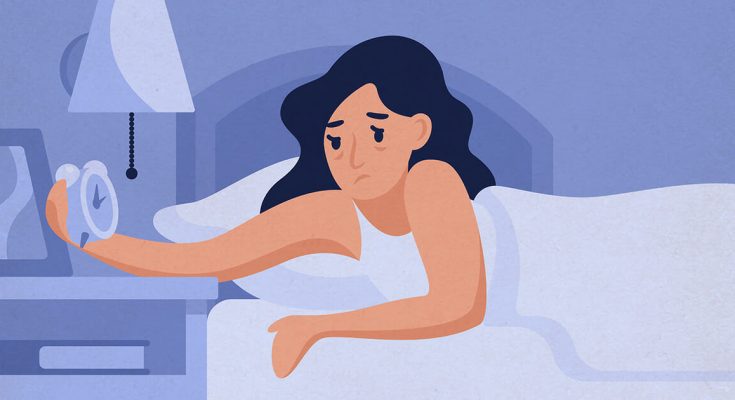The 3 AM Wake-Up: Unraveling the Mystery of the “Hour of the Wolf”
Many of us have experienced it: that frustrating awakening between 3:00 AM and 5:00 AM, disrupting a peaceful night’s sleep. While simply hitting the hay early might seem like the solution, it’s often not enough to guarantee a full night’s rest. But why this particular time slot? Let’s delve into the intriguing phenomenon known as the “hour of the wolf.”
The Hour of the Wolf: Folklore and Fact
A Time of Contrasts
The term “hour of the wolf” originates from Swedish folklore, popularized by Ingmar Bergman’s film of the same name. Bergman himself described it as “the hour between night and dawn…when most people die, sleep is deepest, nightmares are most real. It is the hour when the sleepless are haunted by their worst anguish, when ghosts and demons are most powerful. The hour of the wolf is also the hour when most babies are born.” This seemingly contradictory description – a time of both death and birth, deepest sleep and intense anxiety – hints at the complex interplay of biological and psychological factors at work.
More Than Just Superstition?
Professor Birgitta Steene supports the folkloric link, explaining that the “hour of the wolf” in Swedish tradition specifically refers to the 3:00 AM to 5:00 AM period, historically associated with increased births and deaths. While not definitively proven scientifically, this correlation suggests a potential underlying physiological reason for this time’s significance. This time also coincides with what is often described as the “witching hour” or “devil’s hour” in various folklore traditions, a time associated with supernatural activity.
The Science Behind the Sleep Disruption
The Circadian Rhythm’s Dip
 Our bodies operate on a 24-hour cycle called the circadian rhythm, influencing everything from body temperature and blood pressure to metabolism. This rhythm naturally dips in the early morning hours, reaching its lowest point around 4:00 AM. This is when our bodies enter their deepest phase of rest, a time when physiological functions are at their most subdued.
Our bodies operate on a 24-hour cycle called the circadian rhythm, influencing everything from body temperature and blood pressure to metabolism. This rhythm naturally dips in the early morning hours, reaching its lowest point around 4:00 AM. This is when our bodies enter their deepest phase of rest, a time when physiological functions are at their most subdued.
Anxiety’s Amplified Impact
For those who struggle with anxiety, this period of reduced physiological activity can exacerbate feelings of unease and worry. The decreased activity of the body coupled with a heightened sensitivity to stress or anxiety, can contribute to waking up and struggling to return to sleep. This explains why the 3:00 AM to 5:00 AM wake-up is far more common than other times during the night. The reduced activity doesn’t automatically cause the waking, it means that any pre-existing issues may be more likely to surface.
Achieving Restful Sleep
While completely avoiding the “hour of the wolf” is impossible, understanding its potential impact can help us better manage our sleep. Addressing underlying anxiety through therapy or relaxation techniques might prove beneficial for individuals experiencing frequent awakenings during this time. Maintaining a consistent sleep schedule, creating a relaxing bedtime routine, and ensuring a comfortable sleep environment are also crucial steps towards improving overall sleep quality. The key is to understand the multiple factors involved in the sleep cycle, and to mitigate them where possible.




